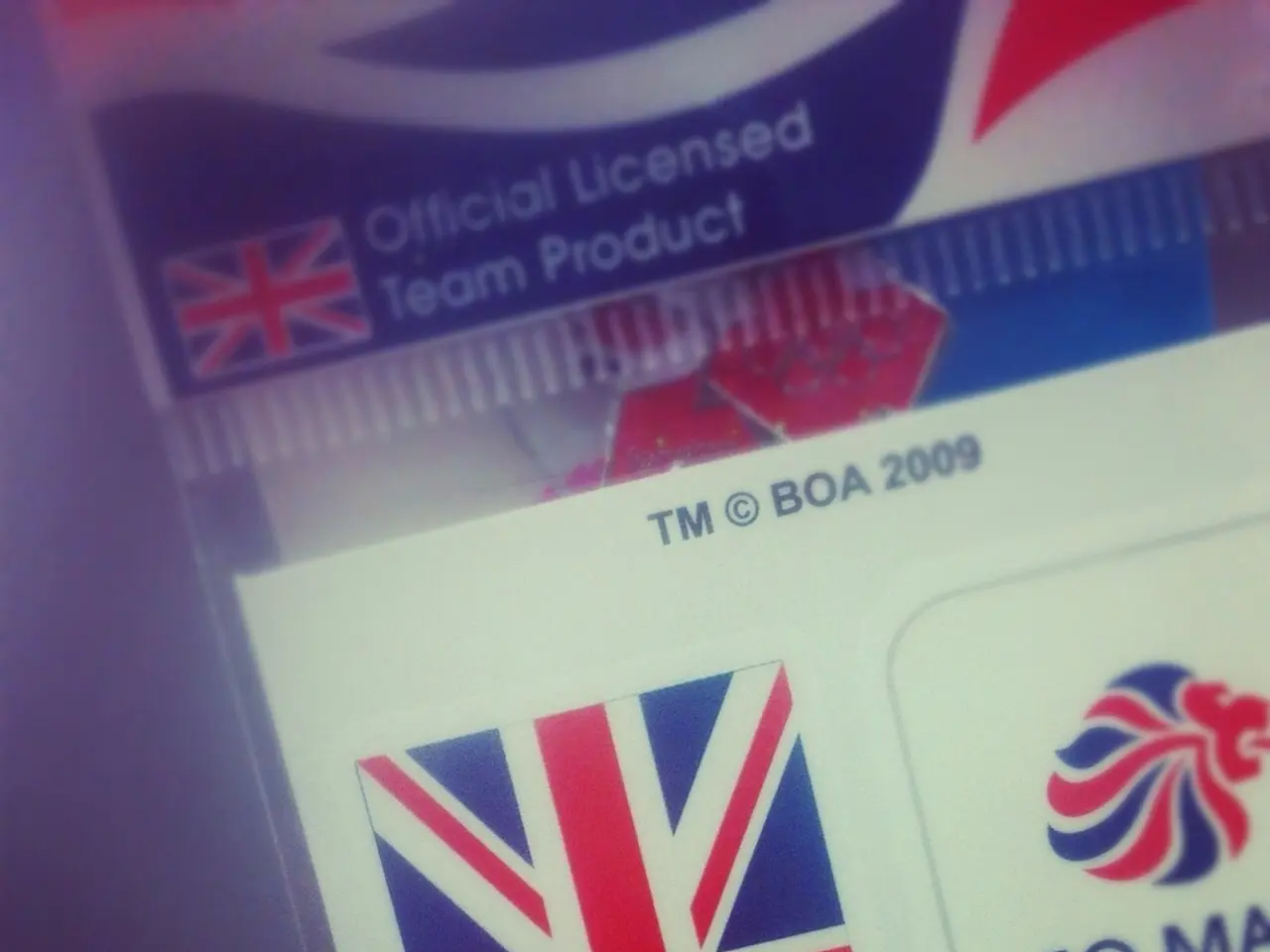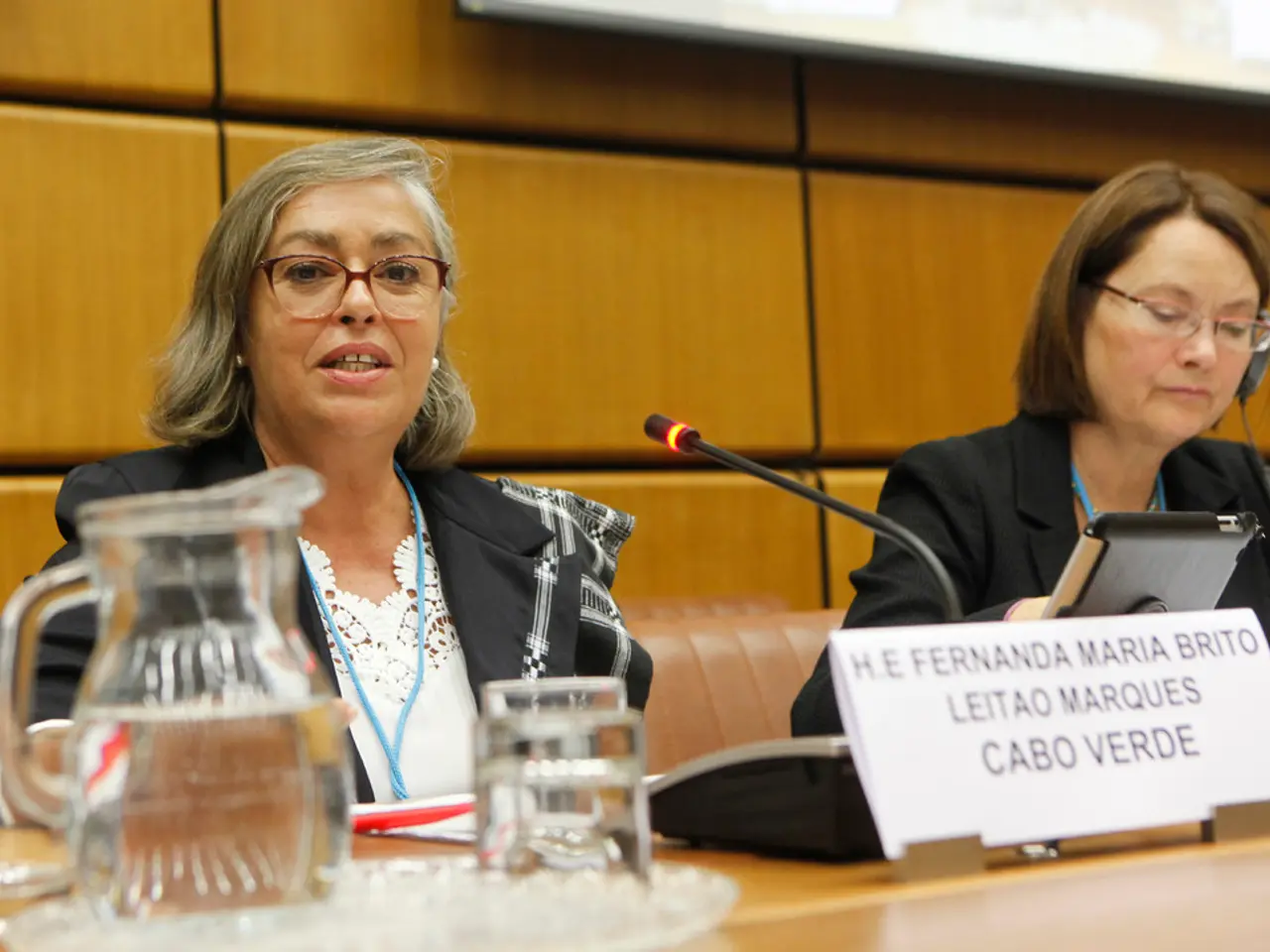Ghana to Digitalize Over 16,000 Government Services via Ghana.gov Infrastructure
Ghana is embarking on a significant digital transformation with the expansion of its Ghana.gov platform. The ambitious upgrade aims to digitally integrate around 16,000 government services by the end of 2025, making it a comprehensive, one-stop digital hub for citizens and businesses.
Currently, the Ghana.gov portal facilitates around 1,500 to 2,000 services, including payments, permits, registrations, and licenses. The expansion will dramatically increase the number of services, turning it into a central digital hub for various government services.
The platform's redesign aligns with the government's broader digital transformation agenda, supported by a $200 million World Bank project aimed at modernising public service delivery and enhancing citizen access to government services.
Key details of the expansion include:
- **Integration with Ghana Card:** The upgraded system will fully integrate the Ghana Card, the national ID system, enabling secure identity verification and authentication for both individuals and enterprises. This integration is expected to reduce fraud and personalise service delivery. - **User Interface and Experience:** The platform will feature a user-friendly, intuitive, and streamlined interface designed to facilitate faster access and ease of use, thus improving the overall customer experience. - **Operational Timeline:** Following a public tender and collaboration with the National Information Technology Agency (NITA), the revamped Ghana.gov is expected to go live in the last quarter of 2025.
Benefits of this expansion include enhancing transparency, convenience, and reliability in accessing government services, reducing bureaucracy, improving turnaround times for service delivery, and facilitating online completion of transactions, eliminating the need for physical visits to government offices.
Minister Samuel Nartey George, who oversees Communication, Digital Technologies, and Innovation, highlighted this initiative as a major step toward a smarter, more efficient government, improving interactions between citizens and state agencies and underpinning Ghana’s commitment to becoming a regional leader in digital governance.
Meanwhile, a strict warning has been issued against broadcasters who fail to act in rectifying their violations within the given timeframe. The enforcement is not politically motivated but essential for sanitising the broadcasting sector. Out of 62 stations previously shut down by the National Communications Authority (NCA), only 18 have so far initiated steps to rectify their violations.
The media was also urged to adhere to legal obligations, with a reminder of the responsibilities that accompany their influence. Minister George addressed digital content and consumer rights, condemning the proliferation of sexually explicit material on platforms like TikTok. A local content governance framework was proposed, with the Cybersecurity Authority (CSA) tasked to monitor and remove offensive content, particularly to safeguard minors.
In a separate development, a meeting was scheduled with MultiChoice Ghana and their South African leadership to discuss pricing structures more responsive to Ghana's economic conditions and its citizens' financial realities. The 18 stations demonstrating good faith will receive an additional 30-day extension to achieve full compliance.
[1] World Bank (2021). Modernizing Public Service Delivery in Ghana. [online] Available at: https://www.worldbank.org/en/project/modernizing-public-service-delivery-in-ghana
[2] Government of Ghana (2021). Ghana.gov: A Comprehensive Digital Transformation Project. [online] Available at: https://www.gov.gh/news/ghana-gov-a-comprehensive-digital-transformation-project
[3] Samuel Nartey George (2021). Speech at the Launch of the Redesigned Ghana.gov Platform. [online] Available at: https://www.gov.gh/news/speech-at-the-launch-of-the-redesigned-ghana-gov-platform
- The redesigned Ghana.gov platform, a key part of Ghana's digital transformation agenda, will broadcast around 16,000 government services by the end of 2025, turning it into a central digital hub for citizens and businesses.
- To ensure security and personalization in service delivery, the upgraded system will fully integrate the Ghana Card, the national ID system, for secure identity verification and authentication.
- The enforcement of cybersecurity in the broadcasting sector is crucial, as broadcasters who fail to act in rectifying their violations within the given timeframe may face stern action, regardless of political affiliations.
- As Ghana strives to become a regional leader in digital governance, the Cybersecurity Authority (CSA) has been tasked to monitor and remove offensive content, particularly to safeguard minors on digital platforms like TikTok, emphasizing the importance of policy-and-legislation and the influence of politics in this digital era.




